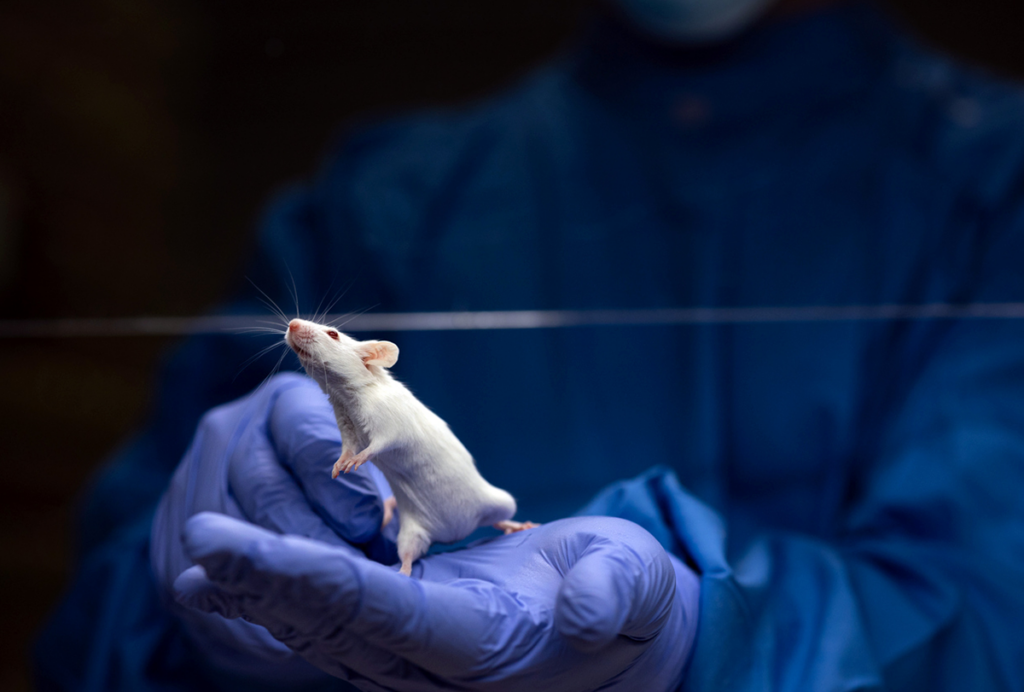Growth factor
A small clinical trial at the Seaver Autism Center at Mount Sinai aims to test whether an existing drug, the growth factor IGF-1, will help treat some of the core symptoms of autism in children with a specific genetic mutation.
A small clinical trial at the Seaver Autism Center at Mount Sinai School of Medicine in New York aims to test whether an existing drug, the hormone insulin-like growth factor 1 (IGF-1), can treat some of the core symptoms of autism in children with a specific genetic mutation.
The children in the study have Phelan-McDermid syndrome, a disorder caused by a small deletion on one end of chromosome 22 and characterized by intellectual disabilities, sleep disorders and seizures. The deletion knocks out the function of an autism-related gene called SHANK3. About 80 percent of people with the disorder have autism — it’s this subgroup that will be the focus of the trial.
Because IGF-1, commonly referred to as a ‘growth hormone,’ is already approved for use in children, the team was able to get rapid approval to test it for Phelan-McDermid syndrome and autism. Researchers have so far enrolled three children, who will each get the drug for 12 weeks and a placebo for 12 weeks.
The study won’t be the first to test IGF-1 in an autism-related disorder. The hormone is also in clinical trials for Rett syndrome.
The Seaver Center trial was inspired by research from Joseph Buxbaum’s team showing that IGF-1 can improve autism-like symptoms in mice lacking SHANK3.
Mice lacking this protein have problems with long-term potentiation, a molecular phenomenon often used as a proxy for learning and memory. IGF-1 reverses these deficits in mice, and alleviates their motor problems.
The researchers also have approval to test the drug in children with autism who don’t have mutations in SHANK3, a trial they haven’t yet started.
“The drug is very expensive,” lead investigator Alex Kolevzon, the Seaver Center’s clinical director, told a group of parents at a gathering at Mount Sinai earlier in June. “We hope to use early positive results to get additional funding.”
Recommended reading

New organoid atlas unveils four neurodevelopmental signatures

Glutamate receptors, mRNA transcripts and SYNGAP1; and more

Among brain changes studied in autism, spotlight shifts to subcortex
Explore more from The Transmitter

Not playing around: Why neuroscience needs toy models
